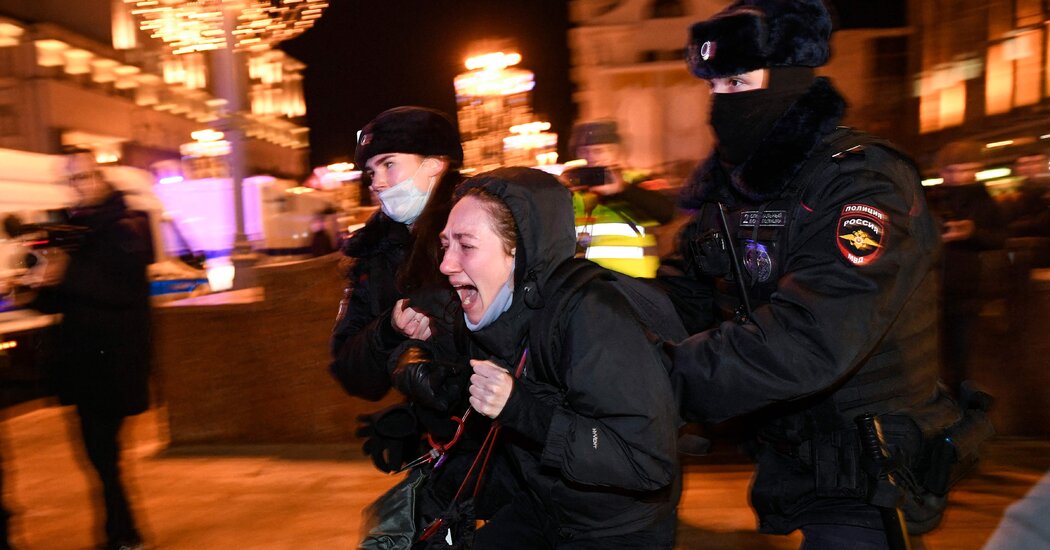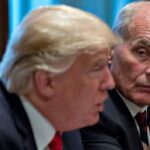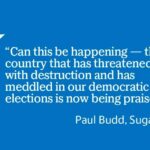
Thousands of protesters took to the streets and squares of Russian cities on Thursday to protest President Vladimir V. Putin’s decision to invade Ukraine, only to be met with heavy police presence.
Many Russians, like people across the world, were shocked to wake up and learn that Mr. Putin had ordered a full-scale assault against a country often referred to as a “brotherly nation.” At the protests, many people said they felt depressed and broken by the news of Russian military action.
In Moscow, the police blocked off access to the Pushkinskaya Square in the city center, after opposition activists called people to come there. Police officers dispersed even the smallest groups of protesters, ordering them to clear the area through loudspeakers.
A few hundred people, mostly young, flanked the streets leading to the square, some chanting “No to war!” and unfurling a Ukrainian flag. The police detained more than 600 people in the city, according to OVD Info, a rights group that tallies arrests.
“The world has turned upside down,” said Anastasia, 44, bursting into tears after seeing that the square was not full of people. “Everyone must be here, it is the only way to show that something monstrous is happening,” she said, refusing to give her last name fearing repercussions from security services.
While many Russians credit Mr. Putin with lifting their country out of the economic hardship and instability of the 1990s, others are deeply uneasy about his leadership. And tough sanctions that affect everyday Russians, like potential technology embargoes that could separate Russians from their beloved next-generation phones, could diminish his support at home.
Many Ukrainian politicians and public figures called for Russians to come out to voice their discontent with the incursion, but years of government oppression made the risks of taking part in anti-Kremlin demonstrations very high.
In Moscow, Ilya, 28, who also refused to give his last name, predicted that Russian people “will only get poorer because we depend on international trade so much.”
In St. Petersburg, Russia’s second-largest city, riot police officers rounded up at least 327 people who came to the Nevsky Prospekt, the city’s main thoroughfare.
Wearing helmets and in full gear, they hit people and pushed protesters to the ground, according to video footage from the scene. Many people came out in other Russian cities, including in Yekaterinburg, a major city in the Ural Mountains, where protesters chanted “No to war!” in front of a Lenin monument.
Understand Russia’s Attack on Ukraine
What is at the root of this invasion? Russia considers Ukraine within its natural sphere of influence, and it has grown unnerved at Ukraine’s closeness with the West and the prospect that the country might join NATO or the European Union. While Ukraine is part of neither, it receives financial and military aid from the United States and Europe.
Overall, more than 1,300 people were detained across the country, OVD Info reported. Oxxxymiron, one of Russia’s most popular rappers, called for an antiwar movement to be created in Russia that would unite people.
He was one of many Russian public figures and celebrities who spoke out against the Russian attack. “I know that most people in Russia are against this war, and I am confident that the more people would talk about their real attitude to it, the faster we can stop this horror,” said Oxxxymiron, also known as Miron Fyodorov.
He referred to American protests against the war in Vietnam as an inspiration. “This is a crime and a catastrophe,” he said, adding that he will cancel his six sold out concerts in Moscow and St. Petersburg because of what happened.
“I cannot entertain you when Russian missiles are falling on Ukraine,” said Oxxxymiron in a statement, published in his Instagram account. “When residents of Kyiv are forced to hide in basements and in the metro, while people are dying.”
Mr. Putin in the past has crushed domestic challenges to his authority. But last year, with the economy stumbling and the pandemic raging, opposition groups held some of the largest anti-Putin protests in years.
Alina Lobzina contributed reporting




